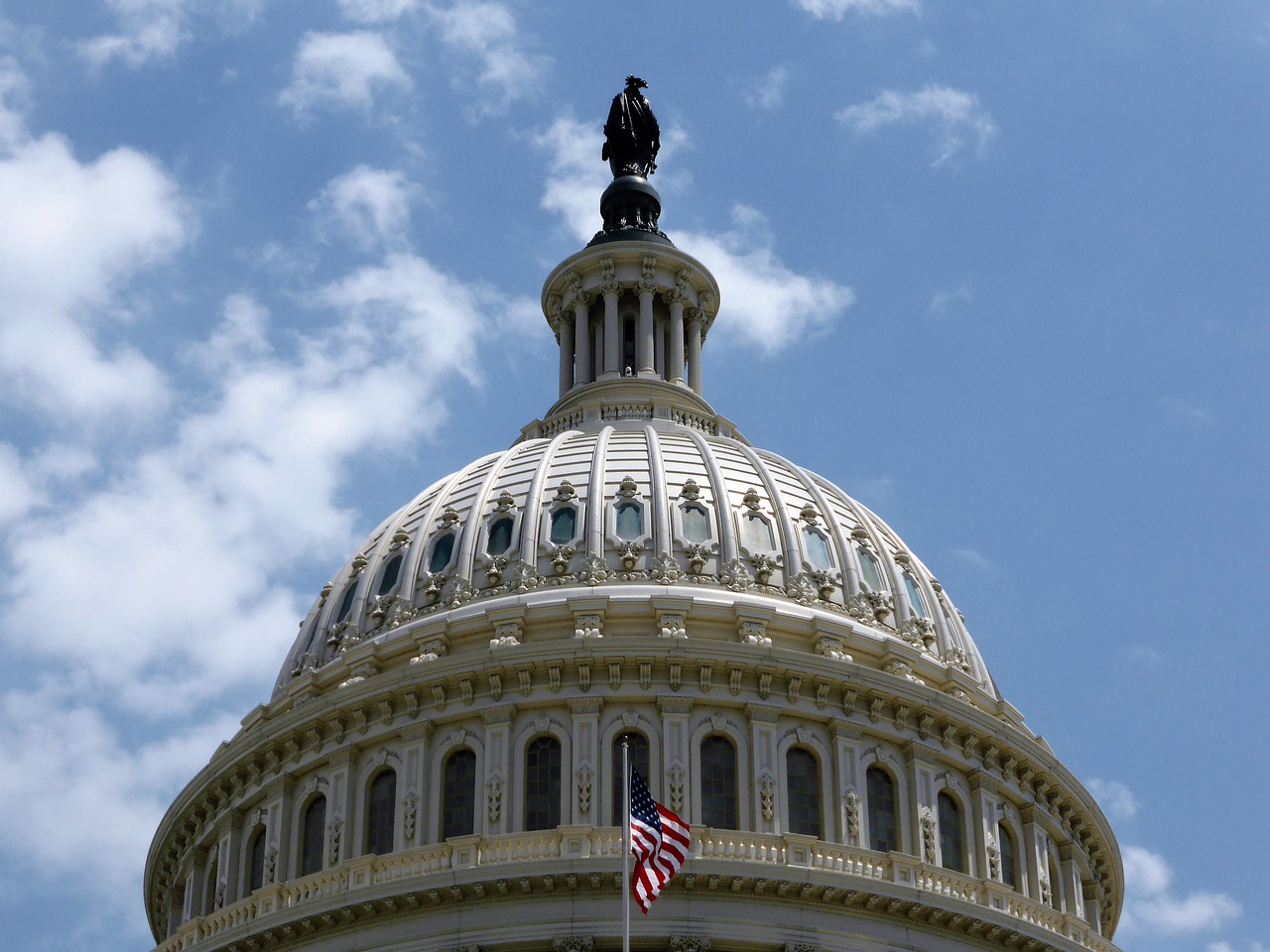Taiwanese Progressives Suffer Loses in Recent Elections and Referenda
Liberal progressives in Taiwan suffered major setbacks in local elections and national referenda on Saturday, November 24. Conservative officials swept into municipal offices and conservative organizers pushed back against social progress. The conservative pro-Beijing Kuomintang party gained control of major cities such as Kaohsiung and Taichung in municipal elections. This conservative victory is seen as a referendum on the country’s majority rule by the liberal, pro-independence Democratic Progressive Party (DPP) and its first female president, Tsai Ing-wen. As a result of these local elections, Taiwanese President Tsai Ing-wen resigned as the DPP’s leader but will remain in power as the country’s head of state until the future national elections in 2020.
Results varied in 10 nationwide referendums. Voters rejected same-sex marriage equality between LGBTQ couples and supported a law strictly defining marriage as a union between one cisgender heterosexual male and one cisgender heterosexual female. In 2017 the nation’s high courts ruled same-sex marriage as constitutional, stating that the government has until 2019 to ensure marriage equality is a national law. However, due to the government’s lack of legislative action on the issue, it is still possible that, despite these referendums, same-sex marriage will be legalized through the court’s ruling in 2019.
Taiwan’s social and cultural divide is becoming apparent. It is mostly between older conservative generations and younger liberal generations. Older citizens want to maintain the status quo as the Republic of China in order to increase economic ties with the mainland. The younger population is in favor of becoming an independent sovereign Taiwan and ultimately break away with the mainland. Taiwan has limited recognition from the global community, including from the United States.




